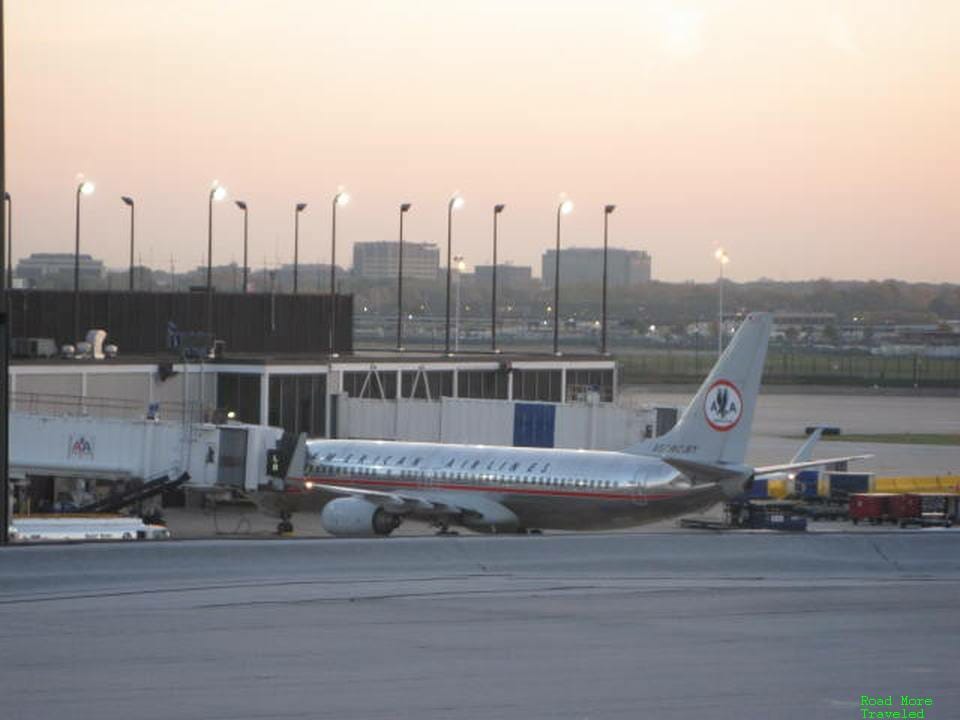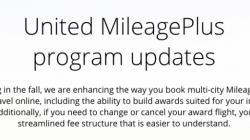I held off writing about this for a few days to see if the change stuck. It looks like it has, so it’s time to roast good old United for a recent customer-unfriendly change. Many airlines have negatively adjusted refund policies in light of the current crisis. But as OMAAT reported last week, United really takes the cake with their ridiculous new definition of “cancellation”.
United’s Refund Policy Shifts More Than the White Sands
United has adjusted their refund policy so many times recently, it makes my head spin. Prior to the aviation slowdown in March, United allowed passengers to request a refund for schedule changes exceeding two hours. It then quietly changed that policy to deny refunds unless the delay exceeded 25 hours. After getting torched in the court of public opinion, the airline backtracked less than a week later. Still, schedule changes required a delay exceeding 6 hours for a refund. Then they decided to delay cash refunds on international tickets for one year. Eventually, they tweaked the policy no less than 5 times over the span of about a week. Sheesh – even the ever-shifting White Sands don’t shift that much.
Through it all, though, if the flight you booked physically disappeared from the schedule, you could still request a refund. After the latest change? Not so much.
In United’s Newspeak, “Cancelled” Now Means “Removed”
If you booked a specific flight, and that flight later disappears entirely from the schedule, you’d consider that “cancelled”, right? Apparently not in United’s version of Newspeak. If your booked flight no longer exists, United now calls it “removed”. They no longer consider it “canceled”, and thus only owe you a credit, unless they fail to accommodate you within 6 hours.
Schedule change: A flight is removed from our schedule, but the customer can be accommodated within 6 hours.
Significant Schedule Change: A flight is removed, and a customer cannot be accommodated with an impact of 6+ hours.
Cancellation: A flight is removed, and we cannot accommodate the customer.
If we remove a flight from our schedule and can accommodate the customer with another flight within 6 hours, that is not considered a cancellation.
A cancellation is not based on flight number or tail number, but on the ability to provide transportation to our customer without significant delay.
So under United’s new definition, let’s say I book a nonstop flight from Dallas to Chicago departing at 10 am. They can rebook me on a connecting flight via Houston departing at 6 am. And owe me absolutely nothing but a future flight credit if I don’t like it. That’s because they “provided transportation to me without significant delay”. That’s simply outrageous.
A handful of commenters on Lucky’s post excused the change on the basis that you don’t pay for a specific flight at a specific time, but for transportation between two points. To which I say, bulls***. Sure, if I travel solo just for fun, a change of a few hours, while annoying, isn’t a big deal. But if I travel for business, I usually must arrive somewhere by a certain time. Arriving a few hours late may cause me to miss my meeting; that renders the purpose of my trip useless. If I’m traveling with my wife and son, I specifically avoid departures prior to 10 am, or arrivals after 8 pm. That’s because it’s critical (to me) to respect my son’s sleeping schedule. I willingly pay a premium for flights that fall within those time frames. And of course, airlines charge more for nonstops than connections all the time.
But in United’s Newspeak, they can bump my 10:30 am departure to 6 am, or my 7 pm arrival to midnight. Those flights have no value to me, yet I have zero recourse to receive a refund. For that matter, the vast majority of people flying right now because they have to. I’d wager that a potential 6 hour change renders their trip pointless. It’s simply bad policy, pure and simple.
Yes, American Changed the Rules Too, But…
Yes, I know, American recently changed the rules on schedule changes, too. But theirs aren’t nearly as bad. Previously, American offered refunds for schedule changes as short as one hour. If anything, that policy rated a little too generous. Now, American requires a change of more than four hours for a refund. Importantly, though, American includes an exception if your nonstop flight becomes a connection.
Final Thoughts
I get it, airlines are in a tight spot right now and need to preserve cash as much as possible. But this change strikes me as a bridge to far. Combined with other customer unfriendly moves, like the recent no-notice partner award devaluation and changes to the partner earning structure, it sure looks like United’s goal is to annoy potential future customers as much as possible. And then they anger employees by reducing hours and mandating unpaid time off (since backtracked). Personally, I regard that as seriously short sighted in an age where airlines must fight for goodwill and every marginal dollar they can.







